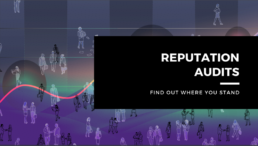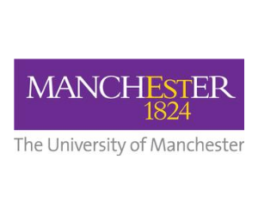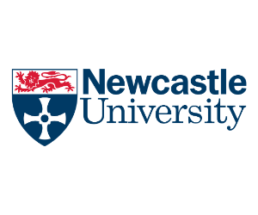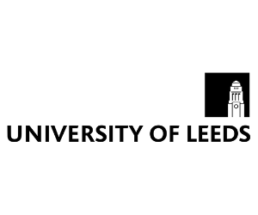Reputation is the most important factor for a university to get right. At present this is more true than ever, with stakeholders and partners seeing negative stories about the university sector – whether it be about fees, HE salaries or pension disputes. But do you measure your reputation and take the pulse of key stakeholders?
As the reputation division of The Knowledge Partnership, we deliver reputation audits to support universities’ development, and each project is tailored to the circumstances and aspirations of the client.
We have developed a reputation for delivering hard-hitting, actionable insights to Leaders. Running the World 100 Reputation Network and tracking reputation for global universities has given us unique expertise and benchmarking insights, and we work regularly for top UK universities, as well as institutions in Canada and Ireland.
How do reputation audits work?
Reputation audits help universities understand how stakeholders perceive them, and inform strategy, brand positioning and engagement plans.
Reputation audits don’t look the same for every institution. Whilst there are core elements, such as stakeholders interviews which provide a clear qualitative view of your university, what goes into your audit is up to you. There are four main elements to reputation audits:
In-Depth Stakeholder Interviews
In-depth telephone calls and video calls with key stakeholders to reveal what universities need to do to impress them further.
Quantitative Stakeholder Surveys
Online surveys with various groups of key stakeholders to quantify their views and opinions.
'Triple Test' to Assess Key Brand Assets
Designed to help universities agree on key messages by asking for three top-of-mind answers per question.
Brand Reviews of Online Assets
A review of the university's online assets including website, social media and media coverage.
“Their advice has really helped us create a new, global ambition and brand."
Abi Kelly, Executive Director of Corporate Affairs, Newcastle University
OBJECTIVE
Manchester had progressed in the rankings by 2015 but stakeholders felt it was still ambiguous about what made it special and distinctive. This project set out to define a differential positioning.
PROCESS
Audience research with VIP stakeholders to identify and articulate possible beacon subjects and competitive advantage that made Manchester special
REPORTING & OUTPUTS
We reported to the senior leadership team, including the President, with a direct report to the Director of Communications. We also ran workshops and presented recommendations to marketing staff.
OUTCOME
The university chose five beacon areas based on our research that now underpin their communications and define their strategic direction. Specific KPIS are included
below. 2017 reputation audit confirmed these beacons were much more fully established.
Become a Member
The World 100 Reputation Network is a group of the best universities in the world, delivering research that enhances reputation and offering leaders the chance to develop their own careers on a global stage. Members benefit from events and study tours, training, monthly media monitoring, and unique reputation research to provide institutional advantage.





